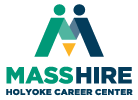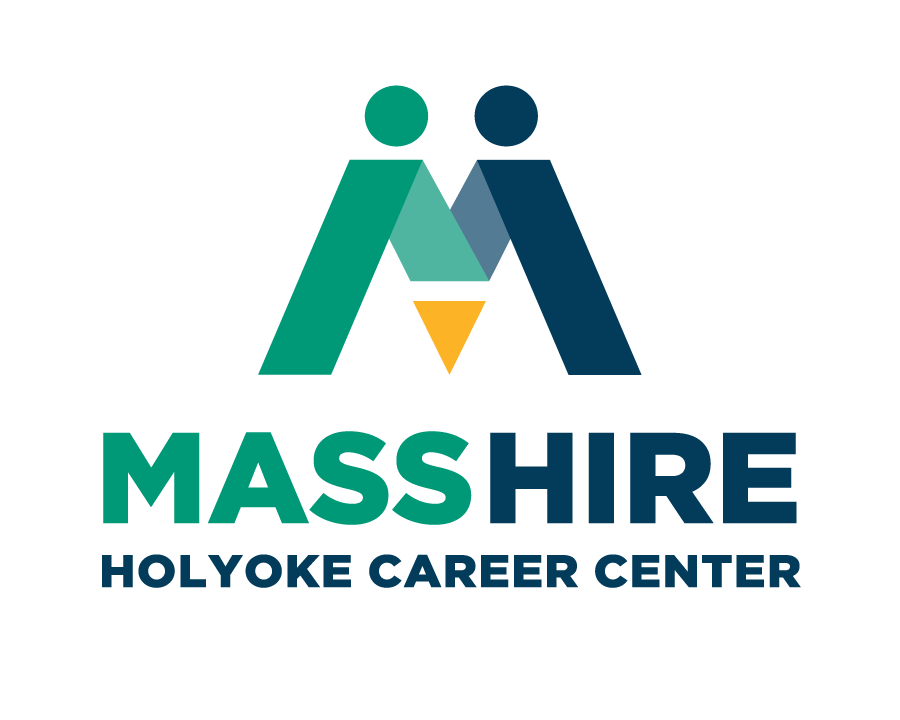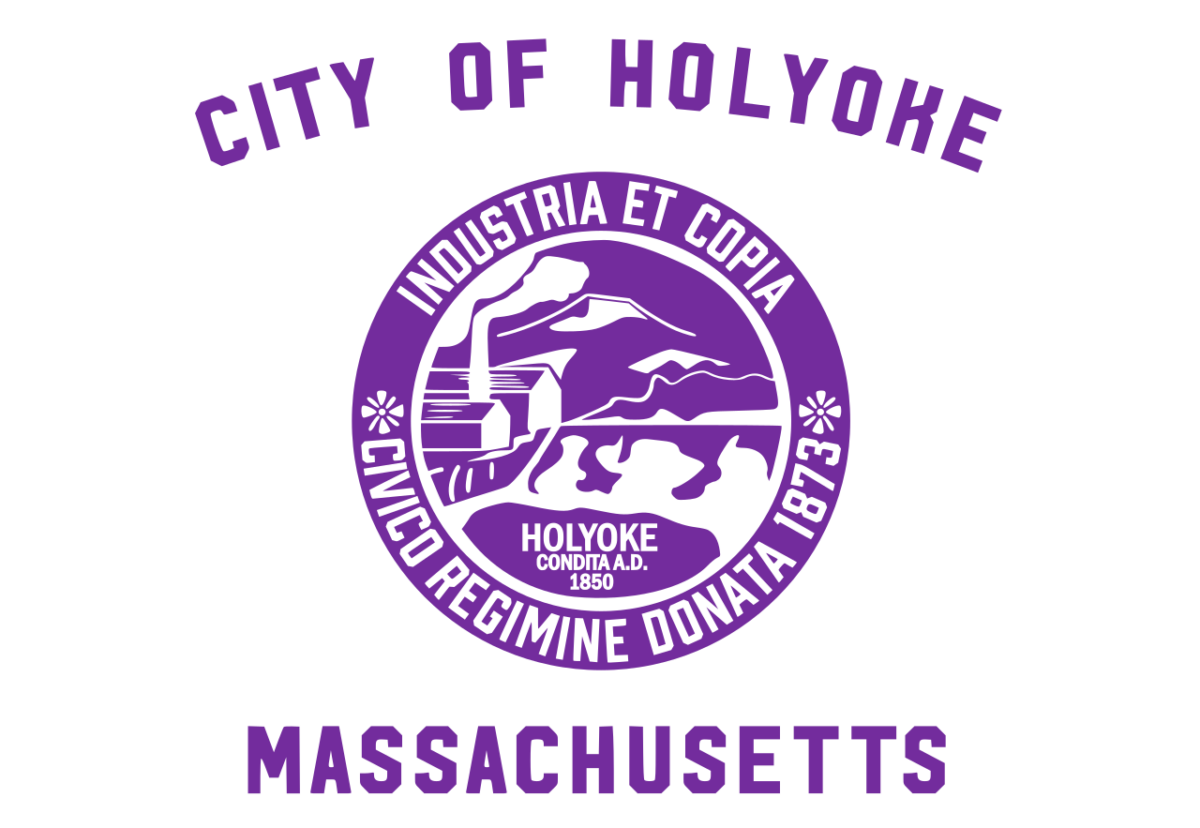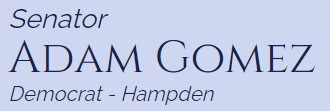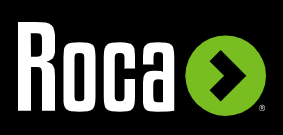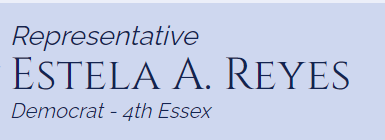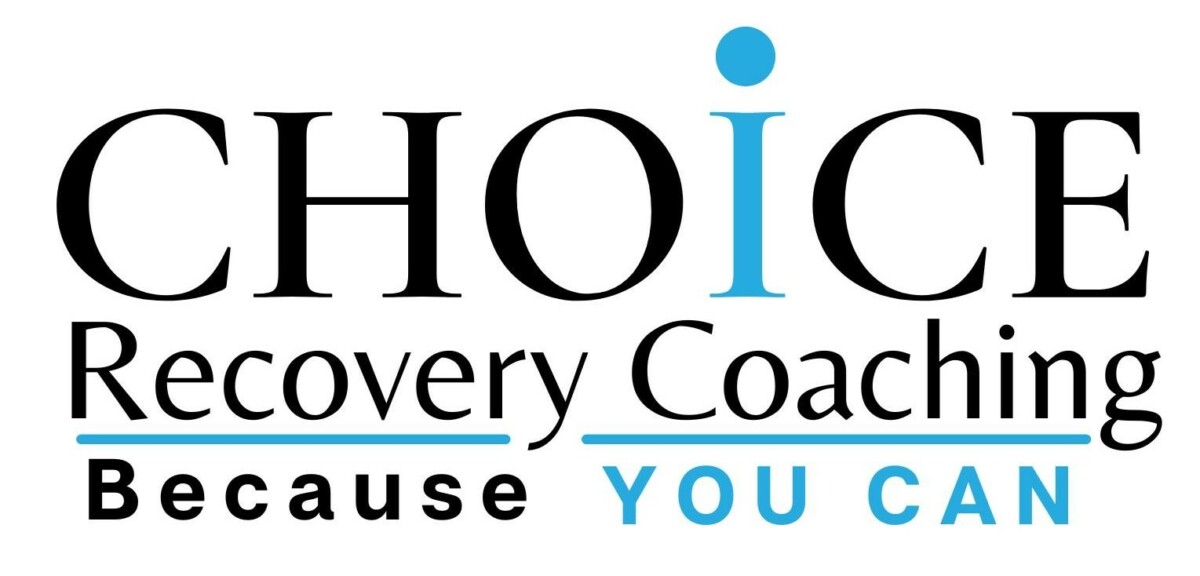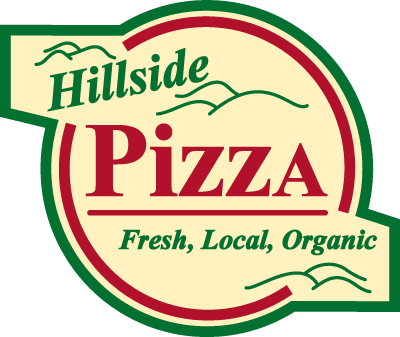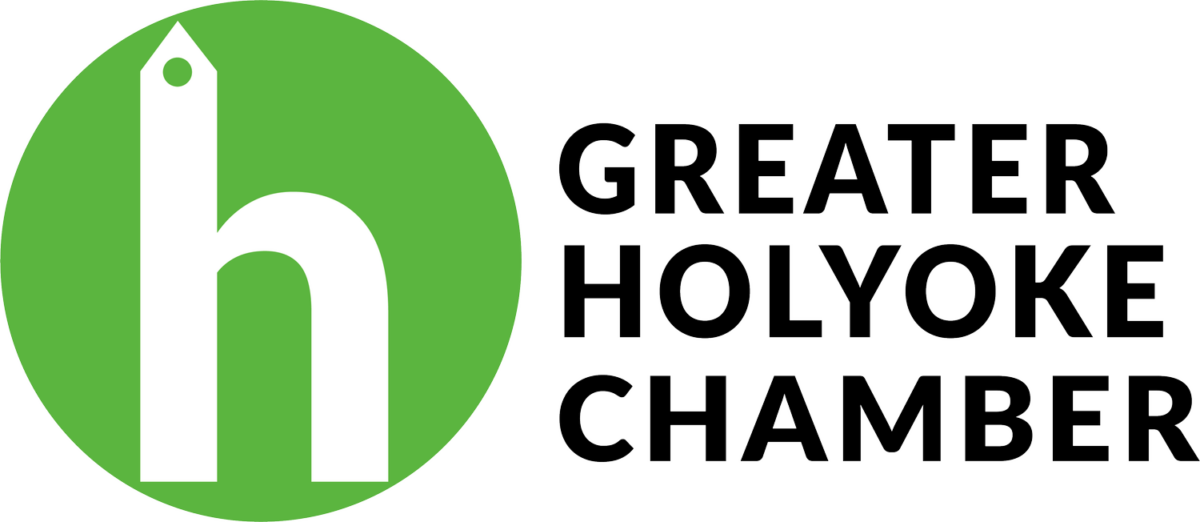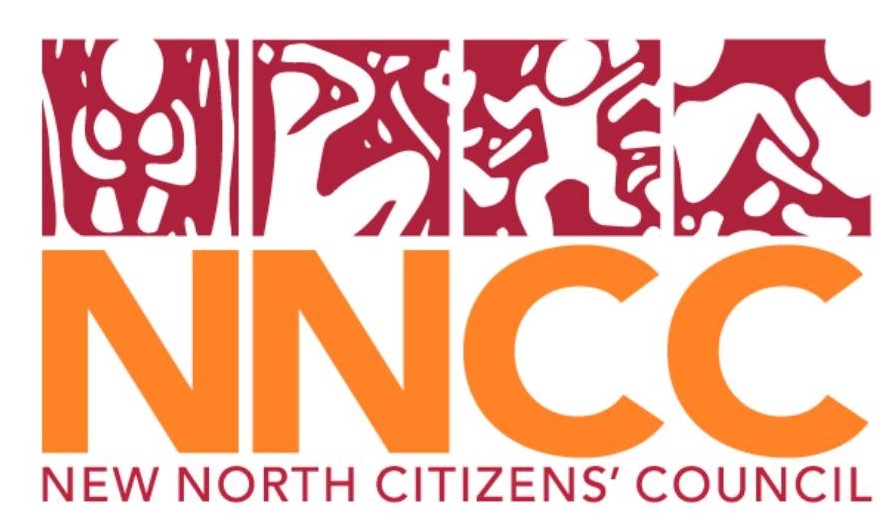
WHAT IS STIGMA
You may not even realize it, but there is stigma toward people with substance use disorders (SUD)…. and this can harm them!
The words and attitudes that we use in our everyday interactions influence how people feel about themselves and how others treat them. These words hurt and cause shame, resistance to treatment, and poor health outcomes for people with addictions or who are in recovery.
You may not even realize it, but there is stigma toward people with substance use disorders (SUD), and this can harm them! Stigma keeps people from reaching out for helping, getting treatment, and sharing their experiences with other people.
SAY THIS! NOT THAT!
Sometimes we may use stigmatizing language and not even realize we’re doing it. Words matter. Try some of the replacements listed below.

Are You Interested in Becoming a Recovery Ready Workplace?
Questions?
Contact Ramona
413-427-3498
rreno@masshireholyoke.org
